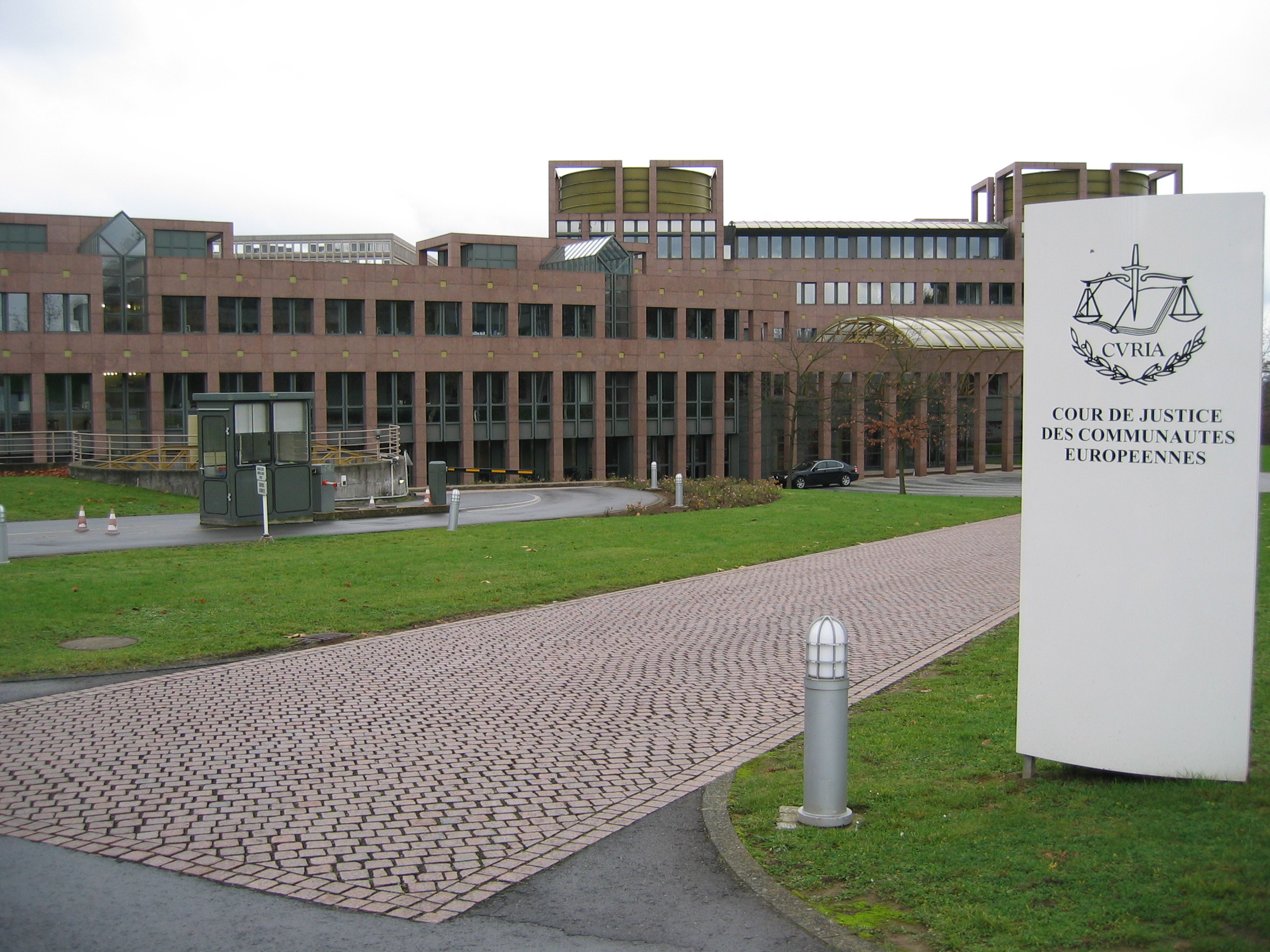Dwyer case bolstered by opinion from CJEU advocate-general

A legal challenge brought by convicted murderer Graham Dwyer to Irish data retention laws has been bolstered by an opinion from an advocate-general of the Court of Justice of the European Union (CJEU).
Advocate-General Manuel Campos Sánchez-Bordona said the general and indiscriminate retention of traffic and location data relating to electronic communications is only permitted where there is a serious threat to national security.
He said the questions referred by Ireland’s Supreme Court last February had been answered in La Quadrature du Net (joined cases C‑511/18, C‑512/18 and C‑520/18) and Prokuratuur (C-746/18).
As part of his appeal against his 2015 conviction for murder, Mr Dwyer is challenging the Communications (Retention of Data) Act 2011 on the basis of its alleged incompatibility with EU law. Phone data retained under the law played a crucial role in his conviction.
Advocate-General Campos Sánchez-Bordona said the 2011 Act “does not differ significantly from the legislation examined in the proceedings giving rise to the judgment in La Quadrature du Net … and therefore they also infringe Article 15(1) of Directive 2002/58”.
This is because the law permits, for reasons going beyond those inherent in the protection of national security, the preventive, general and indiscriminate retention of traffic and location data of all subscribers for a period of two years.
The advocate-general continued to say that access by the competent national authorities to retained data does not appear to be subject to prior review by a court or an independent authority, as required by the case law of the European court, but to the discretion of a Garda of a certain rank.
The Supreme Court will have to ascertain whether that official satisfies the conditions laid down in the case law relating to the status of “independent authority” and whether it is a “third party” in relation to the authority requesting access. The advocate-general also highlighted that that review must take place before, not after, access to the data.
Finally, the advocate-general reiterated, as in La Quadrature du Net, that a national court cannot limit in time the effects of a declaration of illegality of domestic legislation incompatible with EU law.









